Anno Brandsma was born to Tjitsje and Titus Brandsma on February 23rd 1881 at Wonseradeel in Friesland, a province in the very north of Holland.
Aspects of His Life and Spirituality
1. A Brief Biography
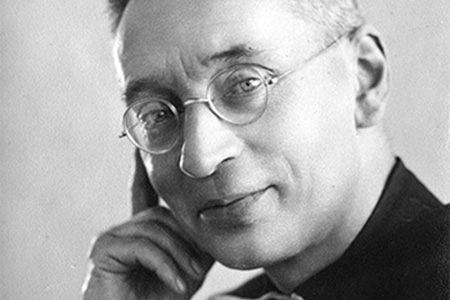
4. Witness of Forgiveness
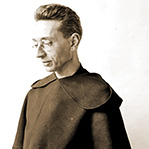
Throughout his life, Fr Titus Brandsma was a man of forgiveness and reconciliation, including in the most complicated situations and contexts.
5. A Poet of the Cross
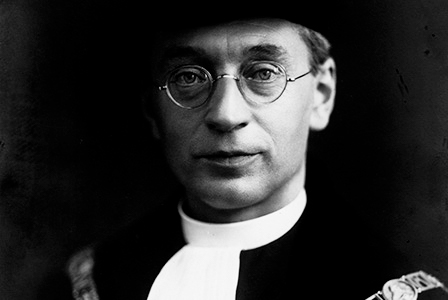
Fr Titus Brandsma did his doctorate in philosophy in Rome in 1909. In addition, he used his “Roman years” to study sociology and make contact with the new currents of Christian social thought and with the social doctrine of the Church.
3. Eucharist
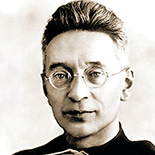
‘In the Blessed Sacrament He gives us Himself again, and not only Himself as the Second Person of the Holy Trinity, no, He tells us that all three Persons will take up their residence in our hearts, if we are united with Him.’
2. Education
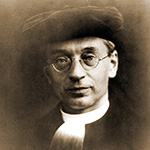
Titus was a good student who understood from early on the value of education. As a child he read widely and had a particular liking for literature and history.
6. Adoro Te - Hidden God
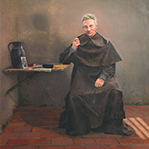
Many of us experience God as hidden. There is nothing new in this. It is not something unique to our time. Already, two and a half thousand years ago, Isaiah sighed in exile: “Truly, You are a hidden God”. (Is 45:15).
7. Contemplation
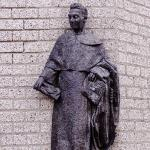
During his life Titus Brandsma stressed the importance of active contemplation.
8. O Jesus when I gaze on you
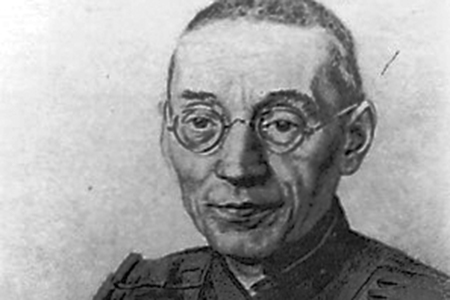
The poem ‘O Jesus’, which Titus Brandsma wrote – and which was smuggled out of the prison – is for many people a comfort.
9. Mary, the Mother of God
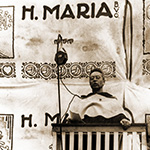
Our Lady held a special importance for Titus Brandsma throughout his life. With Mary as a mother and as a sister, he followed Jesus on his way to the heavenly father.
10. Clash of Ideas
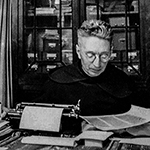
As a University Professor with a specialty in Philosophy, Titus Brandsma would have been acutely aware of the ideas and propaganda circulating in neighboring Germany during the 1930s.
11. A tale of two cells

When Titus Brandsma was arrested by the Gestapo on January 19, 1942, he was locked into a solitary cell. Like many other Dutch patriots, he was taken to a prison nicknamed the “Orange Hotel” in Scheveningen so called because of the royal House of Orange, and the Queen’s government in exile.
